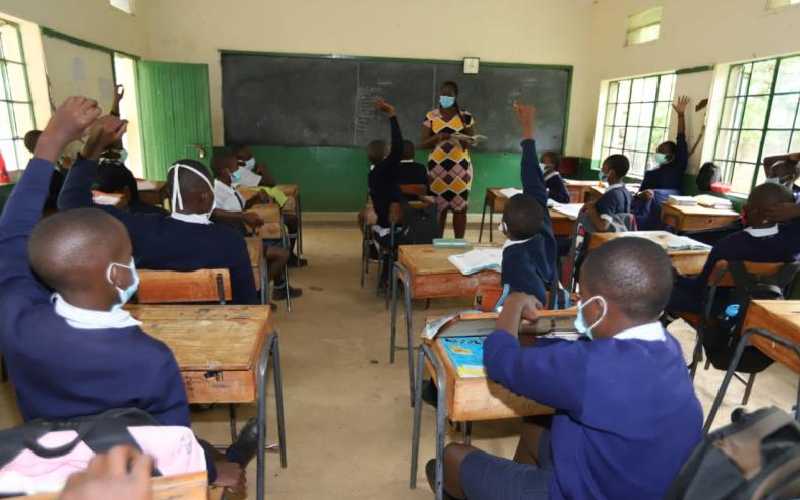At the end of 2019, Rwandan President Paul Kagame was in a jovial mood when he presented the state of the nation address.
“2019 has been a good year for us, and my hope is that 2020 will be even better,” he said, his optimism informed by an economic boom then.
Economic growth had exceeded 9 percent in 2019, driven by large public investments in the National Strategy of Transformation. And according to the World Bank, strong growth was expected to continue throughout 2020.
But a few months later, Covid-19 struck, and Rwanda’s economic growth shrunk to 0.2 percent, with the government requiring significant financial support and debt relief from partners to stay afloat.
On December 21, when President Kagame presented the 2020 State of the Nation address, it was with a more sombre tone.
This year, he warned against complacency, saying that the sacrifices and gains made amidst the coronavirus pandemic need to be viewed with cautious optimism.
“We have had to make many sacrifices this year. It has not been easy. Even as we speak, things have not gotten back in order. That includes the need for families to avoid congregating during the festive season. But, without these sacrifices, it will end up costing us much more,” he said. “Together, we will recover and return to the path of growth and continue expanding the well-being of all families.”
He noted some important government achievements in 2020, including the construction of over 22,000 classrooms across the country, which enabled schools to restart while observing social-distancing measures.
Agricultural productivity maintained a good pace regardless of the pandemic, and more than $400 million was earned from agricultural exports.
From the country’s reserves, over 5,000 tonnes of food were distributed to impoverished families during the total lockdown.
Also, about 500 post-harvest facilities were built across the country to help reduce farm losses.
Some 200,000 new households were connected to electricity, and “soon all sectors in the country will have access”, the president promised.
In the health sector, the government built three new hospitals, established an emergency heart treatment facility, and acquired a new MRI machine.
The national referral hospital, King Faisal Hospital, is also undergoing significant upgrading at a cost of about $20 million.
“We have also invested a lot of resources in upgrading King Faisal Hospital, looking for doctors with skills in treating different kinds of illnesses, and having highly knowledgeable personnel. We were able to find some but we are also still looking for others. Those illnesses and diseases that are hard to treat will be amongst those treated at King Faisal. We will also have the capacity to help treat our fellow East Africans who will be able to come in Rwanda instead of travelling to other nations far away, which is very expensive,” President Kagame said.
His biggest frustration was with regional neighbours and cross-border trade.
Efforts to improve bilateral ties with Uganda, and Burundi are still not fruitful due to lingering disagreements over espionage and support to rebels.
Rwanda’s borders with Uganda have been closed to travellers for two years: Ugandan goods have also not been allowed to cross into Rwanda.
Borders with Burundi have also been inactive for over five years, with mushrooming rebel activities affecting border communities in both countries.
“We worked with our neighbours to address regional security issues. Among the small issues we still face, there is our border with a brotherly nation, Burundi. We are still engaged in talks towards finding a fitting solution,” the president said.
“To the north, there are still some issues, but we all agree on the fact that we all want peace and security, and none of us wants to compromise the security of the other.”
In contrast, President Kagame lauded Rwanda’s relationship with its neighbours Tanzania and DRC.
His reasons for optimism in 2021 are an expected economic recovery and the coronavirus vaccine.
According to the International Monetary Fund, with the resumption of economic activities, Rwanda’s economy is now projected to recover and grow 5.7 percent next year.
The country also secured 172 new investment projects valued at $1.2 billion in 2020, expected to create more than 22,000 jobs once operations resume.
Rwanda is also gradually restarting tourism, events, and meetings, which are key strategic sectors.
“Despite the shock of Covid-19, and the many adjustments we have had to make, I want to reassure Rwandans that the state of our nation remains strong,” President Kagame said.

